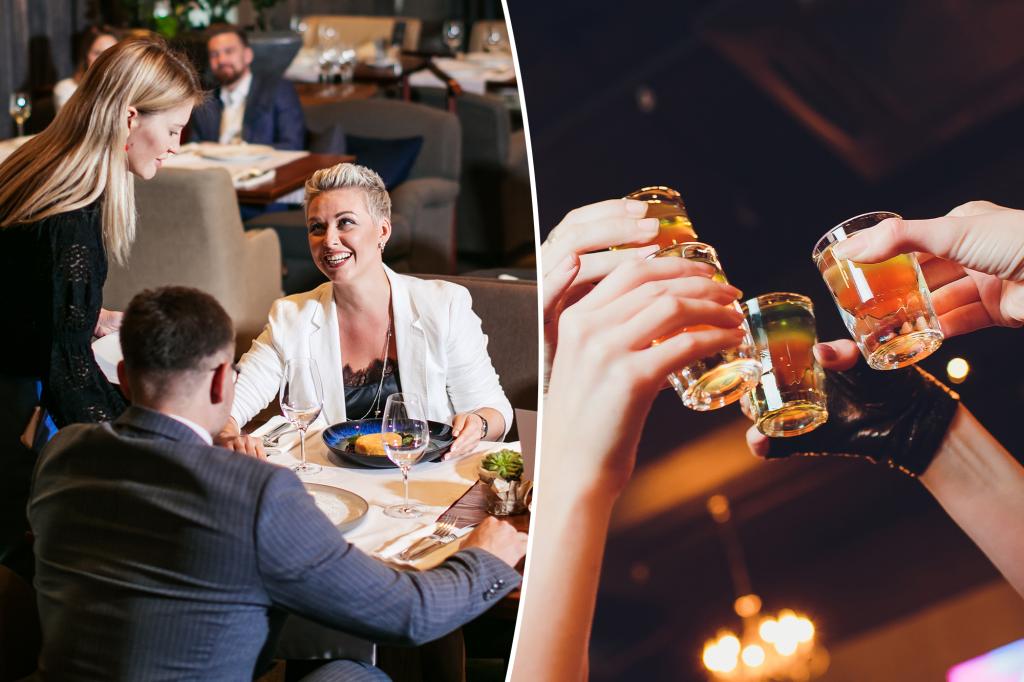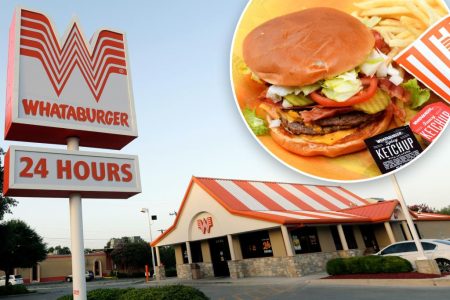Drinking hard liquor before a meal can dull the senses and alter how your tastebuds savor flavors. Hard alcohol like vodka, whiskey, rum, bourbon, and scotch can dehydrate the cell walls of your palate and reduce your ability to discern intricate flavors and aromas in food and wine. This can also impact your appetite, with high-ABV drinks shrinking it while lower-ABV drinks can boost it, allowing you to enjoy more items on your plate. Starting your meal with a high-ABV cocktail can also affect what you order off the wine list, leading to a less balanced tasting experience later on.
Cocktail connoisseurs advise against starting a meal with sugary cocktails, as they can overwhelm your palate and make it difficult to appreciate the flavor of your food. It is recommended to inform your server or sommelier about the drinks you have had before ordering, as they can then make better recommendations to enhance your dining experience. If you have started with cocktails, experts suggest transitioning to lighter wines like sauvignon blanc, pinot noir, sparkling wines, or rosés to ease into the meal and avoid overwhelming your palate.
Alex Ring, a sommelier award winner and wine director, emphasizes the importance of considering the effects of alcohol consumption on your senses before sitting down to enjoy a meal. By drinking hard liquor before eating, your ability to taste and appreciate the flavors in food and wine may be diminished. These drinks can dehydrate the cell walls of your palate and alter your perception of acidity and sweetness in wine, leading to a less balanced tasting experience overall. It is important to be mindful of what you are drinking in order to fully enjoy the dining experience.
Cody Bridges, a restaurant operations manager and resort sommelier, explains that the proteins needed to create saliva in your mouth can be blocked by hard liquor, further dehydrating your palate. This can change how your tastebuds savor flavors and can impact your appetite, with high-ABV drinks shrinking it and lower-ABV drinks boosting it. Starting a meal with a high-ABV cocktail can impact what you order off the wine list and may reduce your ability to discern the complex flavors and aromas in the wine you have later at dinner.
Sam Favata, a beverage director, warns that strongly flavored cocktails or those made with sweet mixers can overwhelm your palate and make it difficult to appreciate the flavor of your meal later on. Mari Coyle, the vice president of winemaking, advises transitioning from cocktails to dinner with light and refreshing wine options like sauvignon blanc, pinot noir, sparkling wines, or rosés. By being mindful of your drink choices and seeking recommendations from your server or sommelier, you can enhance your dining experience and fully appreciate the flavors of your meal.















